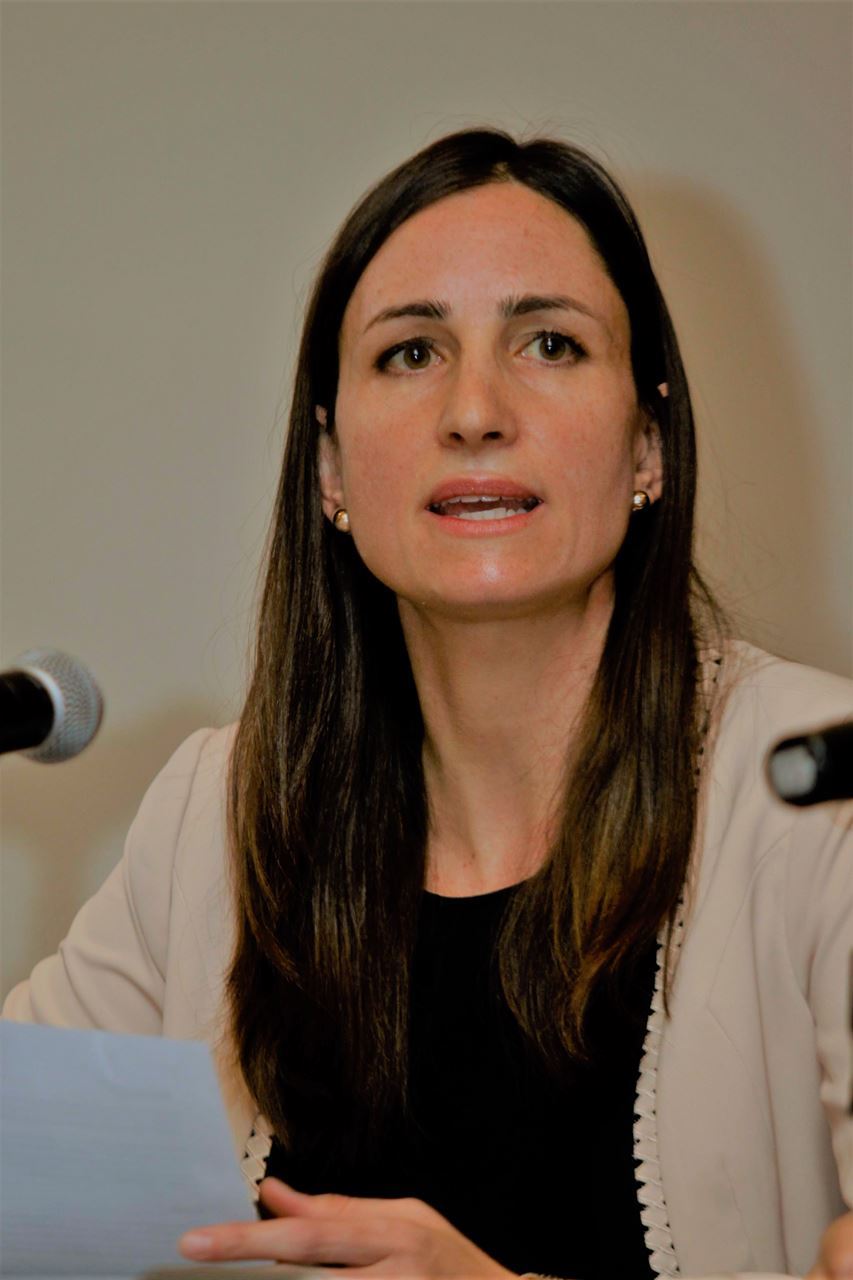
Director, Energy, Climate Change, and Extractive Industries Program at the Inter-American Dialogue
Please note your affiliation and years of experience in the energy and/or environmental field
I have over ten years of experience working in the energy field. I am currently director of the Energy, Climate Change, and Extractive Industries Program at the Inter-American Dialogue, a think tank focused on Latin America, where I cover issues including energy policy and regulations, oil and gas markets, climate change, sustainable transport, social and environmental impacts of natural resources development, and the geopolitics of energy in the region. Before joining the Dialogue, I was New York Bureau Chief and Latin America Team Leader for Energy Intelligence Group and subsequently a manager in the energy practice at Deloitte.
Any particular achievement/interest in energy/environment you would like to mention?
I received a Fulbright Specialist grant in 2017 to teach a course on climate change and environmental policy at the Universidad del Rosario in Bogotá, Colombia. As part of the grant, we also organized a roundtable on the peace process with the FARC and the government’s efforts to bring electricity to rural areas that had been under FARC control as part of the peace deal. Colombia has an electrification rate of over 97% but some very remote jungle areas with sparse populations that are distant from the national grid. I documented findings of the discussion in this article: https://www.thedialogue.org/analysis/peace-in-colombias-countryside-first-turn-on-the-lights/.
In your opinion, what are important issues facing the energy industry nowadays?
I think the greatest challenge facing the industry is how to provide energy and transportation to emerging economies while addressing the threat of climate change. For Latin America, this challenge is perhaps most acute when it comes to the region’s mobility needs. Latin America is largely a region of middle income countries, with sizeable and fast-growing middle classes that enjoy improving purchasing power. As a result, demand for private light-duty vehicles is mushrooming. Demand for heavy-duty vehicles used mainly to transport commercial goods is also growing as economies expand. This contrasts sharply with developed countries like the United States and Europe where oil demand and emissions have peaked as populations are scarcely growing, most adults already own cars, and improved energy efficiency has led to declines in energy and emissions intensity. Latin America also contrasts with lower income regions, such as Africa, where electricity demand will grow exponentially in the coming years but much smaller portions of the population can afford private vehicles and car ownership is growing at a slower clip.
How long have you been a member of NCAC? Any particular NCAC memory you would like to share with us?
I just joined NCAC in 2018 as a Council Member. The events and meetings I have attended with NCAC about global energy markets and US energy policy have really helped to shape my own work on Latin America and to help me understand the broader context for energy policy debates in the region.